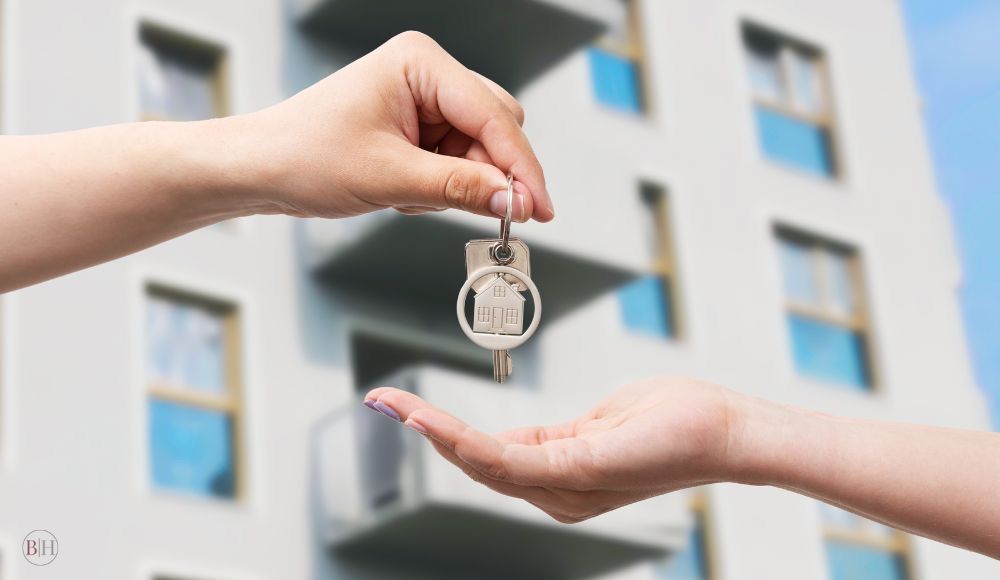The Role of Legal Guardianship

Legal guardianship ensures the welfare and protection of individuals who are unable to care for themselves, typically minors or adults with disabilities. It involves a court-appointed guardian, who is granted the legal authority and responsibility to make decisions on behalf of the ward in areas such as healthcare, education, and financial management.
The primary aim of legal guardianship is to uphold the best interests of the individual in need, providing stability and support while preserving their rights and dignity. This legal arrangement can be temporary or permanent, depending on the circumstances and needs of the individual, and often requires ongoing court supervision to ensure that the guardian fulfills their duties appropriately.
Choosing a Guardian
Selecting a guardian means carefully considering various factors to ensure the individual selected will best serve the interests of the person in need.
- Start by assessing the potential guardian's relationship with the person requiring care, ensuring they have a genuine and caring bond.
- Evaluate their capacity and willingness to handle responsibilities, such as financial management and decision-making related to healthcare and education.
- Select someone who aligns with your core values, beliefs, and approach to care.
- Choose someone likely to be physically capable of caring for the individual.
- Consider their geographical location, as proximity can impact their effectiveness.
- Finally, consider appointing a backup guardian if the primary guardian can no longer fulfill their duties.
Rights and Responsibilities
Legal guardianship of an individual involves significant rights and responsibilities, including the following:
- Determine the ward's residence.
- Provide proper care, maintenance, education, and support.
- Make medical decisions, including authorizing treatments and end-of-life care.
- Manage the ward's social environment and maximize their independence.
- Make decisions about the ward's education and daily activities.
- Advocate for the ward's best interests.
- Make regular in-person visits to the ward.
- File annual reports to the court or relevant authorities.
- Respect the ward's preferences when possible.
- Seek the least restrictive arrangements for the ward.
It's important to remember that guardianship might remove various rights from the ward, including the right to determine residence, consent to medical treatment, manage property, and make other important life decisions.
However, recent trends advocate for limited guardianship, removing only those rights the ward cannot handle. Guardians have a fiduciary duty to their wards, which is the highest standard of care under the law. This means they must manage their affairs solely in the ward's interest and can be held liable for any mismanagement or neglect.
Court Involvement and Oversight
The court's role in legal guardianship is to ensure the protection and best interests of the ward. Initially, the court evaluates and appoints a suitable guardian after thoroughly considering the guardian's fitness and the ward's needs.
Once appointed, the guardian operates under the court's supervision, often requiring regular reports on the ward's well-being and financial status. The court may also review and approve significant decisions made by the guardian. This oversight seeks to prevent abuse or neglect and provides a legal framework that safeguards the rights and welfare of the individual under guardianship.
We Can Help You Designate a Legal Guardian
Eliminate undue stress and expenses for your family when you pass away or become incapacitated. An estate plan will make things easier for your family while ensuring your wishes are followed.
Don’t wait! Talk to one of the experienced estate planning attorneys at Bingaman Hess today at 610.374.8377 or contact us online.










